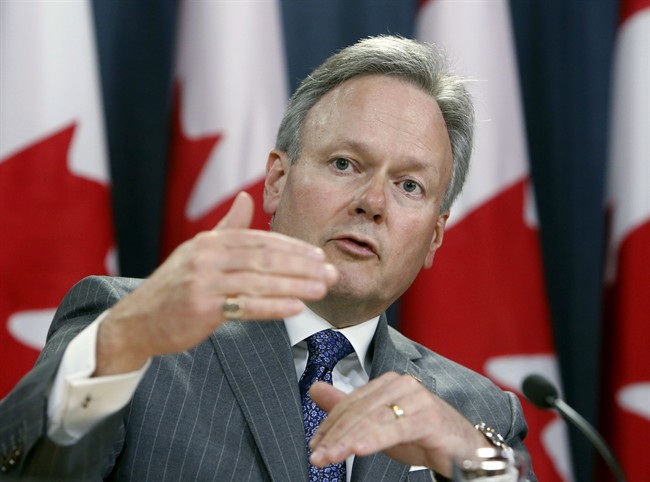The Bank of Canada (BoC) is likely to raise interest rates again when it makes its next monetary policy announcement on Jan. 17, according to economists at Canada’s big banks.

Increasing the chances of another rate hike is the upbeat tone of the latest quarterly release of the so-called Business Outlook Survey, a closely watched barometer of business sentiment in this country, which the central bank released on Monday.
Canadian companies are feeling optimistic about the future and have plans to boost both investment and hiring, the poll showed. The survey, which was conducted in late November and early December, found that business sentiment had rebounded almost to the height it had reached in the summer, when the central bank implemented its first interest rate increase.
Coming on the heels of a stellar jobs report last week that pushed the unemployment rate to its lowest rate since the 1970s (at 5.7 per cent), Monday’s release was enough to prompt economists to revise their interest rate forecasts.
READ MORE: Canada’s unemployment rate falls to lowest rate in over 40 years: StatCan
“We think last Friday’s impressive employment report tipped the scales in favour of a January rate hike, and today’s release of the Business Outlook Survey gives further weight to that view,” echoed Josh Nye at RBC in a note on Monday.
READ MORE: 60,000 job losses by 2019 due to minimum wage increase: Bank of Canada
The share of Canadian firms that would struggle to meet an unexpected increase in demand hit its highest level in 10 years, the report showed, while labour shortages also became more common.
A scramble to meet demand surges could lead firms to hike wages, which could, in turn, push up prices. Higher interest rates, on the other hand, generally cool economic activity and could help keep inflation within the BoC’s desired range.
WATCH: What is an interest rate?

The latest poll said hiring intentions had increased since the fall, particularly in the service sectors, as labour shortages became more common. “Shortages are more intense than they were a year ago,” the report said.
The indicator reflecting firms’ plans to increase investment spending perked back up, close to a post-recession high, and became more broadly based across sectors and regions.
READ MORE: Lost jobs, cut hours, no paid breaks. Do minimum wage hikes hurt workers?
The survey also found that companies’ remained upbeat about their sales growth expectations for the next 12 months. Their outlooks, however, had moderated somewhat with predictions that the strong run of recent sales activity would return to a more normal level.
The report said that to explain the sales growth expectations businesses were “pointing to strong real estate markets, sustained foreign demand and tangible support from federal stimulus spending.”
And although Canadian firms said they are increasingly concerned about the outcome of ongoing renegotiation of the North American Free Trade Agreement and rising protectionism, “most see healthy U.S. growth and the low Canadian dollar benefiting their sales over the next 12 months,” the report reads.
As RBC’s Nye put it: “It is increasingly clear that Canada’s economy doesn’t need the amount of monetary policy stimulus currently being provided.”
– With files from the Canadian Press




Comments